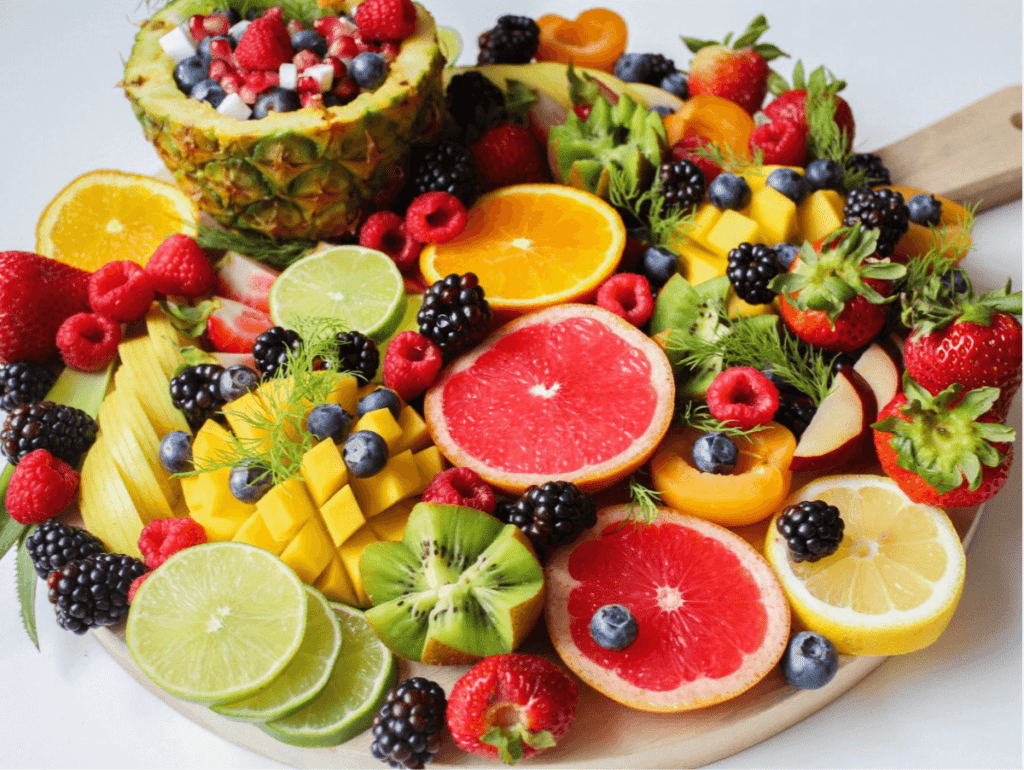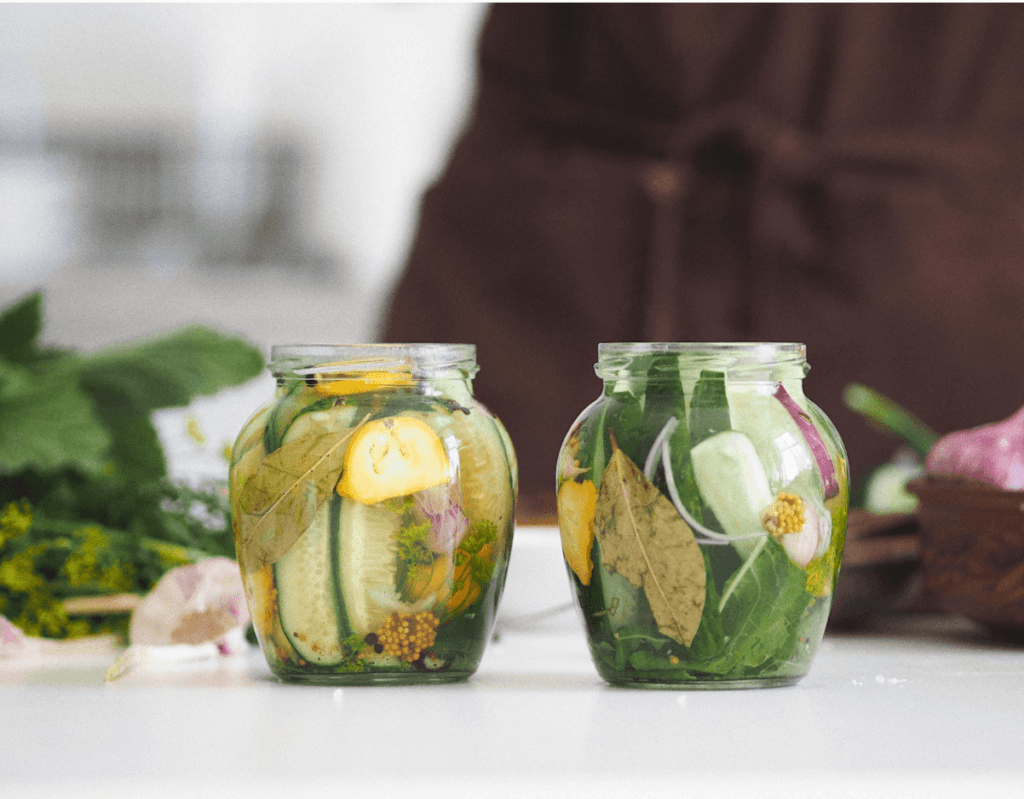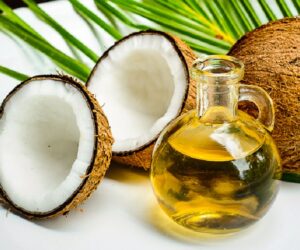Eating healthy nowadays seems like a mission impossible. Being drugged by all types of junk food only benefits you if you want to add a few pounds to your weight. Thankfully, many lovely dishes and drinks are completely made out of fruit or vegetables so you can enjoy a lovely meal while eating healthily.

1. Smoothies
These drinks are family-friendly and can be tailored to any taste or dietary requirement. Smoothies are simple to make at home, but they’re also available at cafés and most big supermarkets. Some are heavy in sugar or other harmful ingredients, while others are high in veggies and fruit. You should avoid adding sugar to them because you don’t want to compromise their nutritional value. A smoothie’s two most critical elements are a base and a liquid. Many smoothies include frozen fruit or ice cubes to give the finished product the frosty smoothness of a milkshake.
Popular ingredients in homemade and store-bought smoothies include:
- Fruits: berries, banana, apple, peach.
- Vegetables: kale, spinach, wheatgrass, cucumber, beetroot, cauliflower, carrots.
2. Fruits and Veggies Supplements
Fresh fruits and vegetables offer several health benefits, and because fruit and vegetable supplements have the same composition, you’ll obtain all of your needed vitamins and minerals. Because organic superfood supplements have no added sugar, they are completely safe to take. Nowadays, numerous supplements are available on the market, such as the superfood Balance of Nature Fruits and Veggies, but you should be careful and pick those that contain additional nutrients that work together to form a potent combination in each supplement. The presence of antioxidant power in these supplements is the key advantage, as it prevents quicker aging and cell damage. Antioxidant compounds react with free radicals, reducing their efficacy and rendering them useless. Antioxidants are found in abundance in some foods, such as fruits, berries, and vegetables.
3. Fruit and Vegetable Salads
A fruit salad can perform wonders for you if you use the correct amount and variety of fruits, as it will offer you a powerful dose of fiber, vitamins, and antioxidants. While you can use whichever fruits you choose in the salad, apples are a good choice because they are accessible all year and are high in antioxidants, dietary fibers, and flavonoids. The nutritious content of apples helps to lower the risk of diseases such as diabetes, hypertension, and heart disease. Citrus fruits, such as oranges, could also be added. A diet rich in fruits and vegetables can help to lower blood pressure, prevent some forms of cancer, reduce the risk of eye and digestive problems, and have a positive impact on blood sugar, which can help to regulate appetite. It’s critical to consume a wide range of fresh fruits and vegetables in as many colors as possible. It’s simple and wonderful to combine them in a salad.
4. Dried Fruit
Although dried fruit has various health advantages, there are some nutritional differences when compared to fresh fruit. Raisins and grapes, for example, have nearly the same protein and fat content. Raisins provide roughly 3 grams of protein and 1 gram of fat per 100 grams, whereas grapes have about 1 gram of protein and negligible fat. The key distinction is the carbohydrate content, which is entirely made up of natural sugars. Raisins have 62 grams of carbs per 100 grams, while grapes have only 16 grams.
5. Juice
Fresh juices are high in soluble fiber, a kind of fiber that promotes good bacteria development and digestive health. Soluble fiber is found in grains, nuts, and beans, but fruit and vegetable juice is a pleasant and healthy way to receive your daily dose. Both apple and orange juice include about three grams of healthy soluble fiber.

6. Pickled Vegetables
Pickles aren’t just for adding crunch and acidity to your favorite sandwich or burger. Cucumbers pickled in vinegar include a lot of vitamins and minerals in their brine. Pickles and other cultured vegetables are made by a fermentation process that uses either brine or vinegar to preserve the food. Fermentation, in addition to preserving foods from rotting, produces probiotic bacteria as a byproduct, which are extremely important for diversifying gut flora and improving your health in a variety of ways. In a nutshell, the fermentation process boosts healthy bacteria while eradicating harmful bacteria, which is why it’s used in so many ancient food preparation procedures dating back to the days before refrigeration.
Getting enough veggies and fruits is essential for good health, and it should be your priority. There are a lot of possibilities nowadays, so hopefully, our suggestions will help you figure out how to improve your fruit and vegetable intake and include them in your regular diet.



